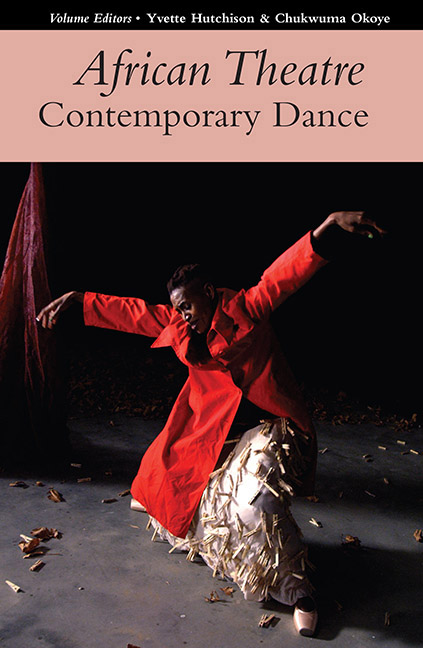Book contents
And With Them Came Devils Ebrahim Hussein, Mashetani & the poetics of doubt
from II - Open Section
Published online by Cambridge University Press: 26 July 2019
Summary
The iconoclastic Tanzanian dramatist Ebrahim Hussein (b. 1943) is a leading member of the pioneering generation of African theatre artists that rose to prominence in the revolutionary ferment of the 1960s and 1970s. In his 1976 verse play Ngao ya Jadi, or The Shield of Tradition, Hussein locates himself within the literary pantheon of decolonial East Africa, albeit with a significant twist. A brave young chief has just defeated a monstrous serpent with seventy heads. The village's best and brightest arrive to celebrate:
STORYTELLER:
Shaaban Robert
Stood tall in the field
Mathias Mnyampala
Was called there by his friends
Kezilahabi, Muyaka
Both heeded the call
People were intoxicated with poetry
Also Penina Muhando
Especially Ngugi wa Thiong'o
Abdilatif isn't stiff
They entertained people with songs for the dancing
And in the midst of the hubbub
Were those Husseins, common men
And with them came devils
They waved with relief and were allowed in.
(Hussein 1976: 45, J. Williams’ translation.)
In Ngao ya Jadi, the chief's life-and-death confrontation with his terrible antagonist allegorises the struggle of freedom fighters against colonial power. Consequently, the celebration that ensues after his triumph maps onto the euphoria that followed on the heels of independence in Uganda, Kenya and Tanzania in the early 1960s. Euphrase Kezilahabi, Penina Muhando, Abdilatif Abdalla, and Ngugi wa Thiong'o were some of the leading lights of the politically committed Kenyan and Tanzanian intelligentsia from the late 1960s onward; the nineteenth-century Mombasan poet Muyaka bin Haji al-Ghassaniy and the early twentieth-century Tanzanian writers Shaaban Robert and Mathias Mnyampala, both of whom died in the first decade of independence, were critical literary forebears of the contemporary Swahili style that Hussein, Kezilahabi and others sought to master. Hussein himself, lost ‘in the midst of the hubbub’, arrives on this scene of national self-invention with significant baggage and is only begrudgingly ‘allowed in’. Unlike some who have come before him, he is a ‘common [man]’ – and, even more ominously, he brings ‘devils’, ‘mashetani’, with him.
Unlike the work of many of his contemporaries, Hussein's oeuvre is endlessly bedevilled. He has published eight plays over the course of his career, each of them increasingly preoccupied with tragedy, doubt and ambivalence.
- Type
- Chapter
- Information
- African Theatre: Contemporary Dance , pp. 153 - 162Publisher: Boydell & BrewerPrint publication year: 2018



